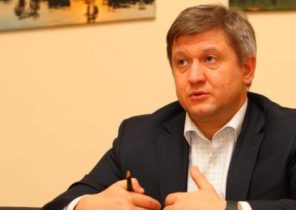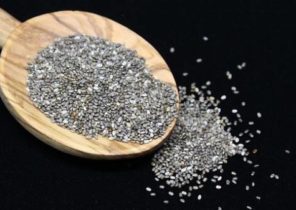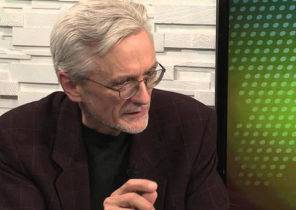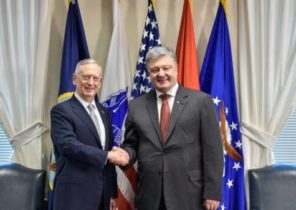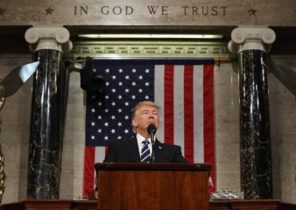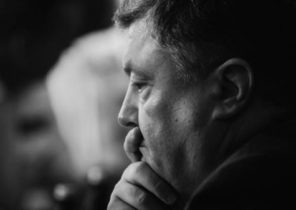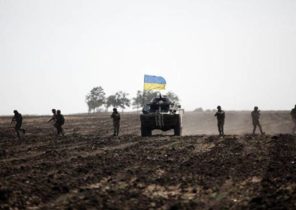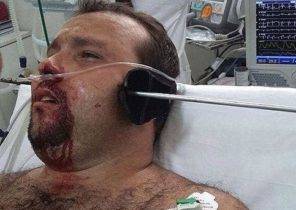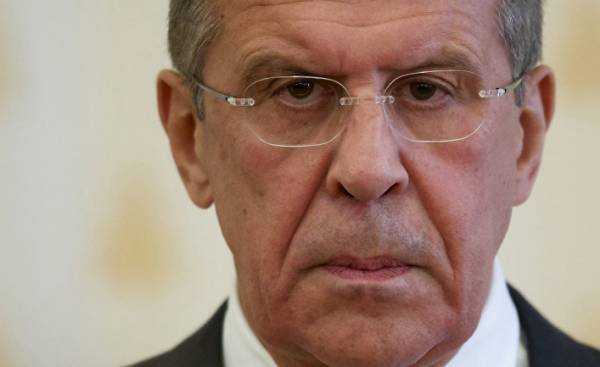
According to the law 13th March need to leave Vladimir Putin’s Advisor on foreign policy 70-year-old Yuri Ushakov, has reached the upper limit of retirement age for civil servants. Russian diplomats recently talked about his likely successor. Be the Ambassador in China Andrei Denisov or, perhaps, the press Secretary of the President Dmitry Peskov?
Now the Kremlin lull. “We expect that he will remain for at least another year. Given the current uncertainty in us-Russian relations, Putin is unlikely to let him go now,” — said Valery Solovey, an MGIMO Professor — the Alma mater of all diplomats. The doubts of the Kremlin towards Ushakov illuminate the bureaucracy, leading Moscow through the most serious confrontation with the West since the cold war, and urges Russia to regain superpower status. This unit was built in the Soviet Union and consists of people otlivanchik your skills in the Soviet era. Russian diplomatic insiders attribute the growing influence of Moscow is not only the sharp sense of Mr. Putin’s opportunities, but also well-coordinated and experienced diplomatic car. Starting in 2014, Russia annexed Crimea and fomented a separatist conflict in Eastern Ukraine; changed the course of the civil war in Syria through military intervention; wedged in the talks in Libya and Afghanistan; took steps to strengthen ties between Asia and deepened connection with the populists in the West.
“The main reason our foreign policy has been recently successful is the weakness of the West, and our President has shown fast reaction in decision-making about the promotion wherever there are gaps,” — said Veniamin Popov, former Ambassador to Yemen, Libya and Tunisia. “And we have the capacity to move so quickly because our diplomats in the Soviet Union received an excellent education, accumulated unique experience, and our team demonstrates an enviable stability.” But no matter how smooth the machine did not work, sooner or later she’s going to need updating — and many, both in the country and abroad are interested in the degree of readiness of Moscow. “For us this is a serious problem: there is a generational gap,” says Popov. For many years after the collapse of the Soviet Union diplomatic service tried to keep the mid-level employees or to attract young people, despite the proposed banking sector, and the private sector in General, higher wages. The bleeding stopped and the hole remained. “Today’s young people to once again aspire to become diplomats”, — said Popov. “But middle managers we do not have enough”.
Dozens of Russian diplomats went far beyond retirement age. For the Minister of foreign Affairs Sergey Lavrov, which this month marks 67, Vladimir Putin was kept for 13 years. The President even jokingly compared it with Soviet foreign Minister Andrei Gromyko, who had served for 28 years and for their hard negotiating style earned the nickname “Mr. No.”
Russian Ambassador to UN Vitaly Churkin died last month shortly before his 65th birthday, after 11 years at the diplomatic post. Sergey Kislyak, who this year celebrates 67, was Moscow’s Ambassador in the United States for more than eight years. Known in Washington as the guru of relations Kislyak — he has recently been in the spotlight for the failure of two members of the administration trump to talk about their contacts with him during the election campaign in the United States — was supposed to retire last year. But Moscow kept him in the position to help her navigate the transition US to the new government, the consequences of which can be unpredictable for bilateral and international relations.
Among the Russian ambassadors in Germany, France, China, Japan, Egypt, Israel, Jordan, Tunisia and Morocco there is anyone under the age of 65 years. Five of the ten deputies, Lavrov is greater than 60, and more than a third of departments of the Ministry of foreign Affairs headed by people over the minimum retirement age.
People familiar with the work of the Ministry of foreign Affairs, said that Mr. Lavrov has built a diplomatic service in the “network of representatives of the old school”, which is based on decades of personal relationships. “He knows all, and he needs only to pick up the phone and call someone from the ambassadors or other specialists, and they understand it perfectly,” — said Valery Solovey.
More than 20 people who graduated from the MGIMO, Lavrov yet studied there are, according to statistics of the University, in the diplomatic service as ambassadors.
Benefits were noticeable in Russia’s policy in the middle East. Regional diplomats say the Russian President’s special envoy to the region Mikhail Bogdanov talking with colleagues on an almost perfect Arabic, and relies on ties many years ago.
Western diplomats warn that the lack of younger officials to high diplomatic posts puts Moscow at risk of wrong assessment of the political or economic situation. The foreign Ministry refuted these concerns, saying that all employees were selected on the basis of “professional and personal qualities.” According to representatives, ongoing training of all diplomats, regardless of their age, ensures their continuing compliance with “the established modern requirements of diplomatic service”. “Diplomatic change of generations is absolutely a normal process and occurs naturally in the care of senior representatives of the diplomatic corps”, —the Ministry said. Experts believe that the terrible and inevitable diplomatic power will be useful only as long as the internal problems in the US and the EU will continue to offer opportunities to Vladimir Putin. “He is unlikely to change its personnel policy to use those who are faithful and effective,” says Mr. Nightingale. “This principle will work fine for the next five or so years.”
